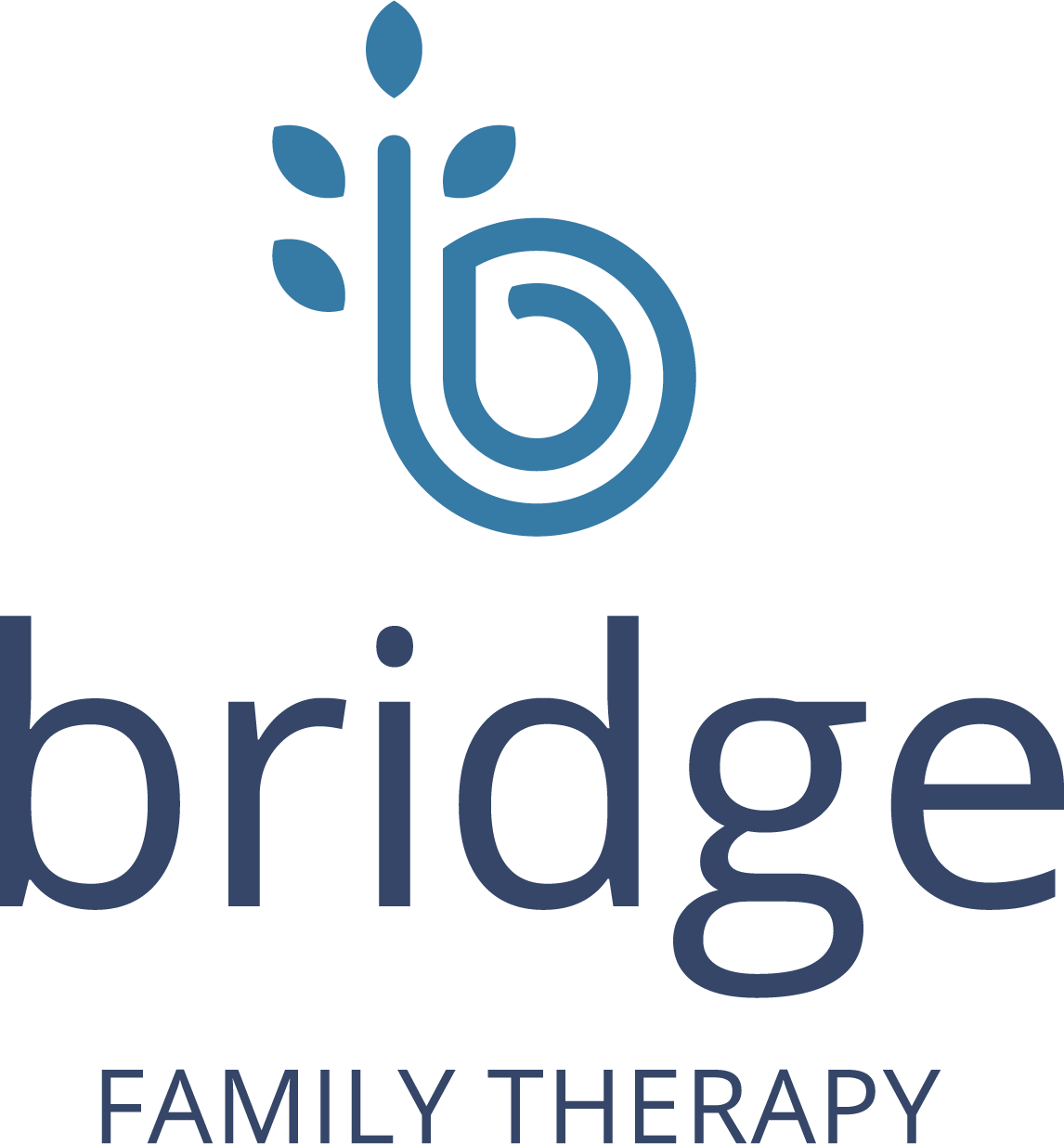Play Therapy: Unlocking the Healing Power of Play
In the world of therapy, play isn't reserved for playgrounds. Enter play therapy—an approach that understands the profound impact of play on healing, making it a therapeutic tool for individuals of all ages… here's how:
1. Non-Verbal Expression:
Play therapy recognizes that not all emotions can be articulated through words. Through the use of toys, art, or games, individuals can convey their thoughts and emotions without the constraints of verbal communication.
2. Emotional Release:
Engaging in play offers a safe avenue for emotional release. Whether it's squeezing stress balls, creating art, or engaging in imaginative play, it allows individuals to express and process complex emotions in a therapeutic way.
3. Building Relationships:
The playroom becomes a space where therapists and clients become play partners. This shared experience fosters a unique bond, creating a foundation of trust. It's like building a connection through the language of play.
4. Problem-Solving Skills:
Play therapy integrates problem-solving activities. By navigating challenges in a playful setting, individuals develop and enhance their problem-solving skills, applying them to real-life situations.
5. Stress Reduction:
Play is inherently enjoyable and acts as a stress reliever. Engaging in playful activities during therapy reduces anxiety, creating a relaxed atmosphere conducive to exploration and self-discovery.
6. Tailored to Individual Needs:
Flexible and adaptable, play therapy tailors activities to address specific concerns, making the experience personalized and effective for each individual.
Beyond mere amusement, play therapy promotes healing, self-expression, and overall well-being for those seeking a unique and imaginative approach to therapy.
April 19, 2024 - Bridge Family Therapy

